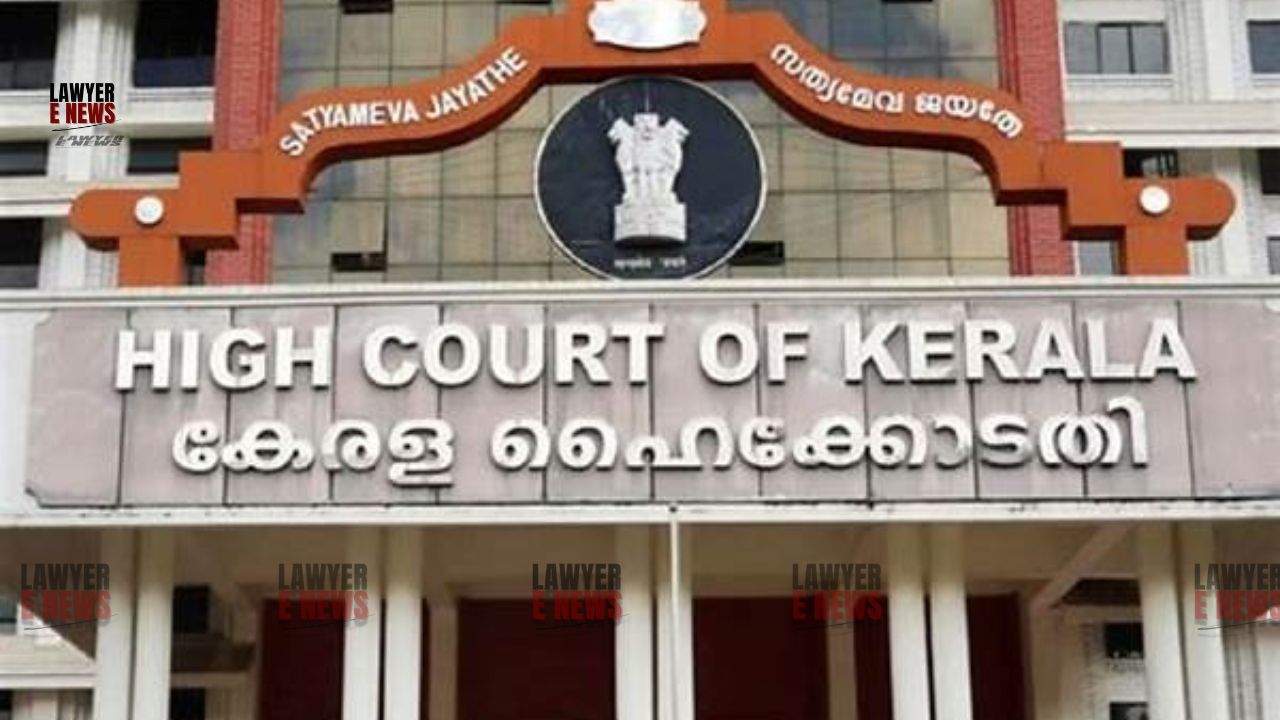-
by Admin
15 February 2026 5:35 AM



Subheadline: “Document Manipulations and Misuse of Patta Files Cited in Landmark Judgment on Land Assignment Fraud
In a significant judgment, the Kerala High Court dismissed petitions challenging the cancellation of thandaper accounts by the Tahsildar of Udumbanchola. The court found no merit in the petitioners’ claims and highlighted substantial document manipulations in the issuance and transfer of patta. The judgment, delivered by Acting Chief Justice A. Muhamed Mustaque and Justice S. Manu, underscores the need for vigilance in land transactions and the importance of thorough investigations by revenue authorities.
The cases revolved around the cancellation of thandaper accounts of Nicholas Varghese and Basheer P.A. by the Tahsildar of Udumbanchola. Both petitioners had purchased land in Chinnakkanal Village, Idukki District, which was initially assigned to K.K. Ramakrishna Pillai in 1968. The thandaper accounts were later canceled on grounds of irregularities and manipulations in the issuance of patta. The petitioners contended that they had exercised due diligence before purchasing the land, obtaining necessary certificates and documents.
The court emphasized the Tahsildar’s findings of significant document manipulations. “The impugned order reveals crucial facts indicating that the original patta was not properly issued and that there were multiple irregularities in the land assignment records,” the bench noted. The discrepancies included the absence of records in assignment registers, inconsistent signatures, and the unexplained delay in thandaper account creation.
Addressing the petitioners’ claims, the court observed that the Tahsildar had provided ample opportunities for them to present their case. The court found no evidence of bias or extraneous influence in the Tahsildar’s proceedings. “The Tahsildar acted independently, examining all relevant records and issuing a detailed and reasoned order,” the judgment stated.
The court reiterated the principle that judicial review under Article 226 of the Constitution primarily concerns the decision-making process. In this case, the court found that the Tahsildar had followed due process, considering all relevant aspects and providing the petitioners with adequate opportunities to present their case. “There is no violation of the principles of natural justice, and the conclusions arrived at by the Tahsildar cannot be depicted as baseless or unreasonable,” the court declared.
Justice S. Manu remarked, “The detailed account of manipulations narrated by the Tahsildar in the impugned proceedings clearly shows proper application of mind and thorough examination of all relevant records.”
The Kerala High Court’s judgment underscores the importance of meticulous documentation and scrutiny in land transactions. By dismissing the writ petitions, the court has validated the thorough investigative process undertaken by the Tahsildar. Additionally, the court directed the Special Investigation Team to conduct a further probe into the involvement of officials in the fraudulent transactions, ensuring that all those involved are held accountable. This judgment serves as a significant precedent, reinforcing the integrity of land records and the due diligence required in property transactions.
Date of Decision: 25th July 2024
